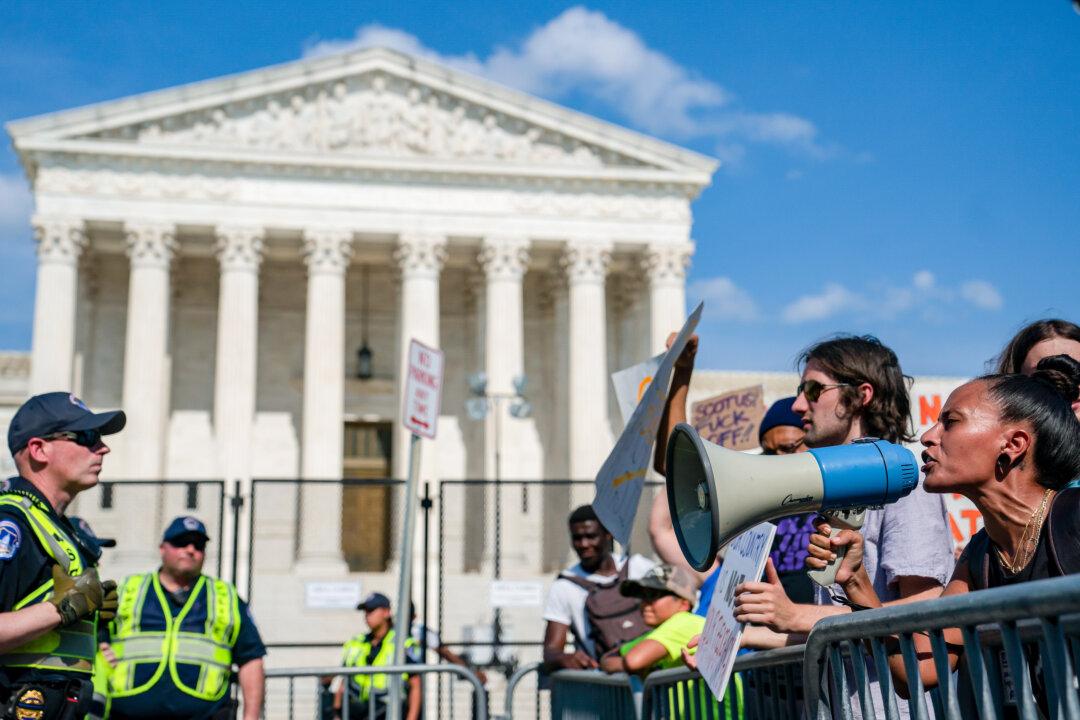The U.S. Supreme Court will start hearing arguments against the abortion drug mifepristone beginning this week, with a decision expected in three months.
The abortion pill challenge concerns mifepristone, one of the two drugs used for medical abortions in the United States. Two cases have been filed—one against Danco Laboratories, which manufactures mifepristone, and the second against the Food and Drug Administration (FDA). The cases are consolidated into one, with the U.S. Supreme Court set to hear oral arguments in the case on March 26. A decision on the matter is expected roughly three months later.





